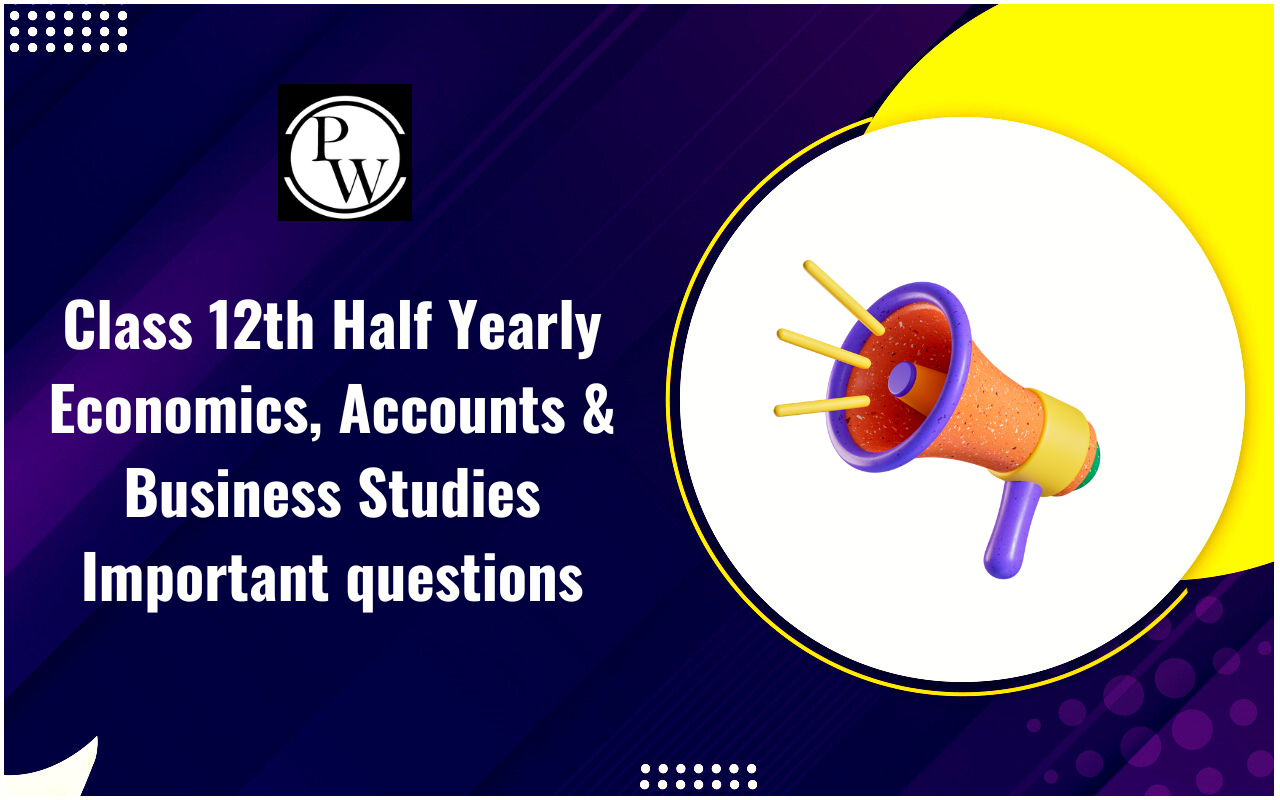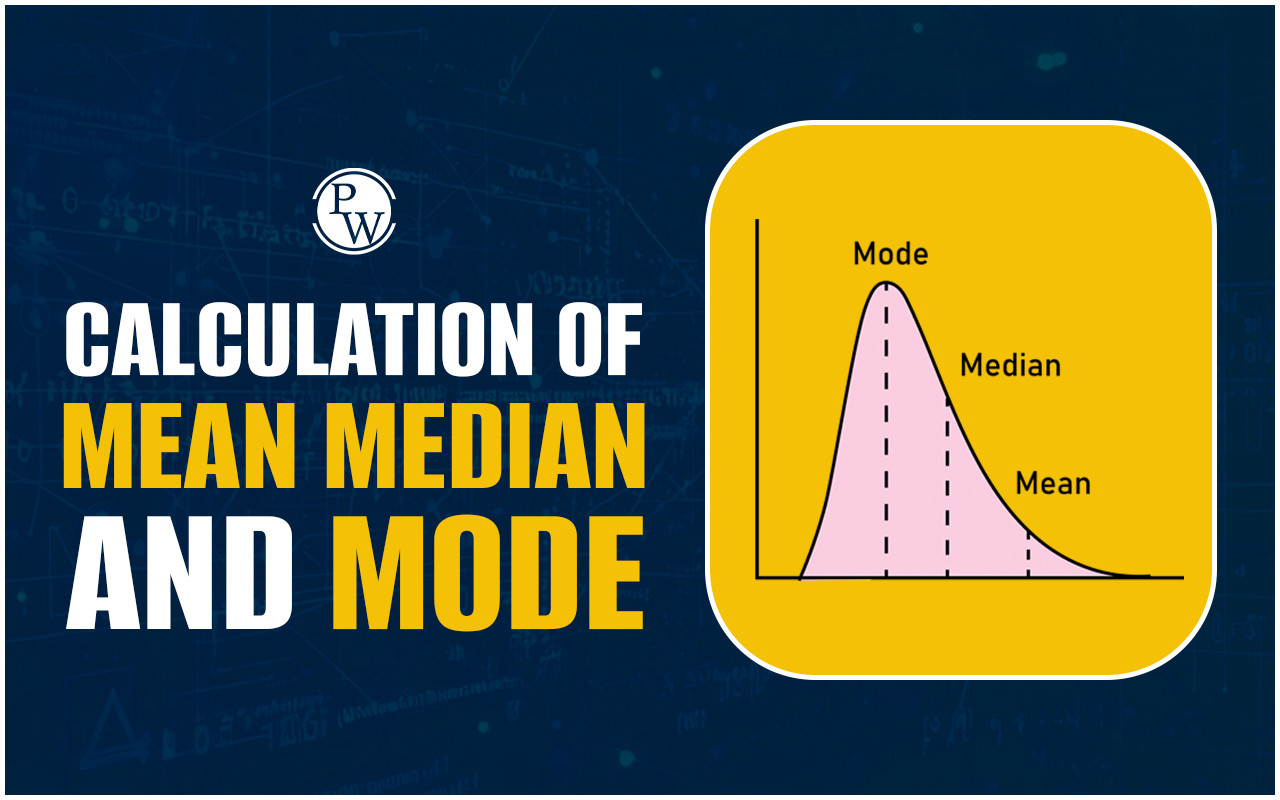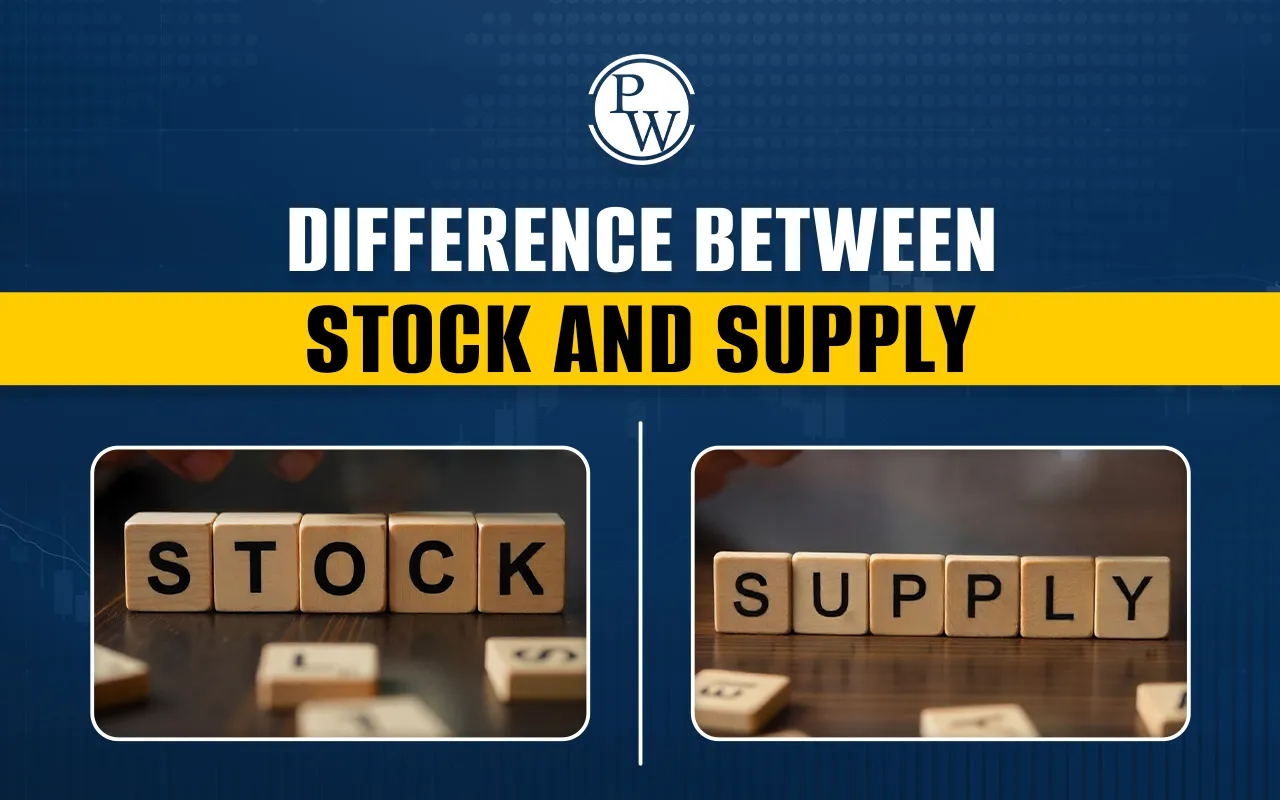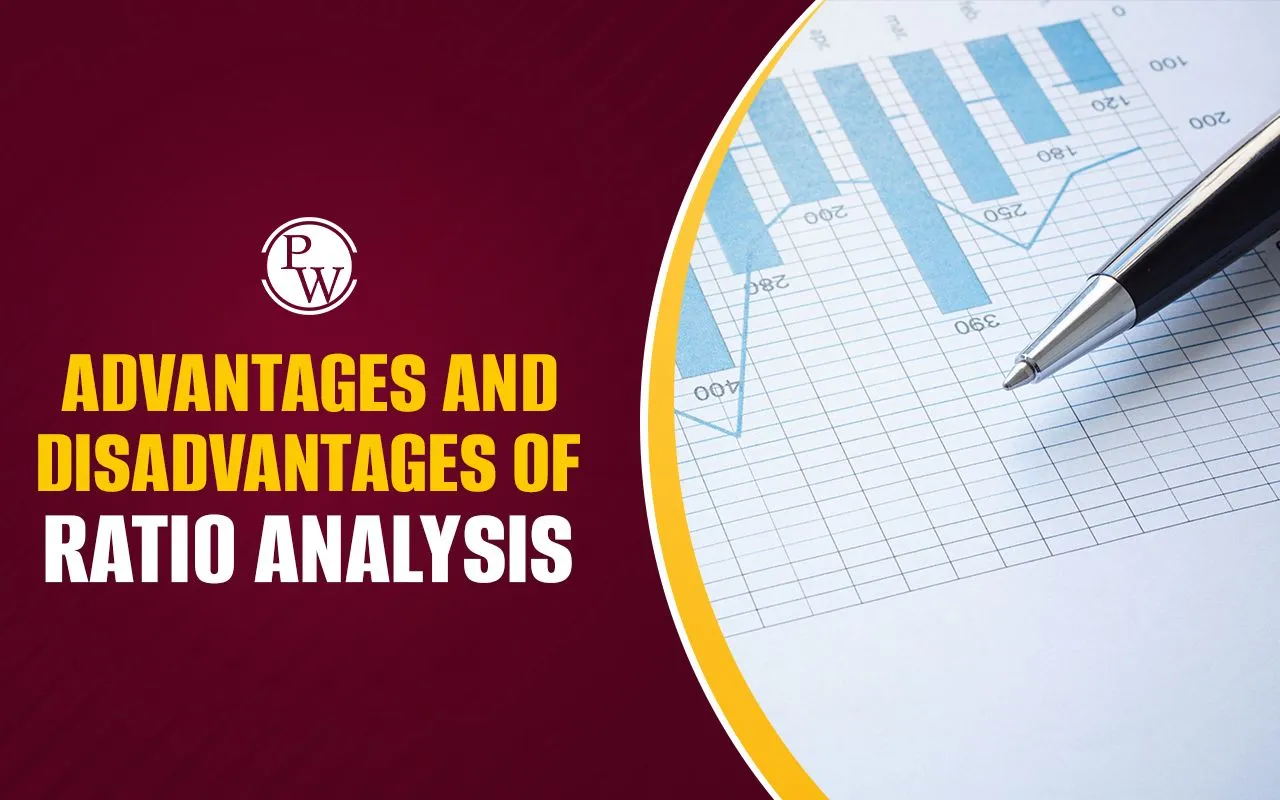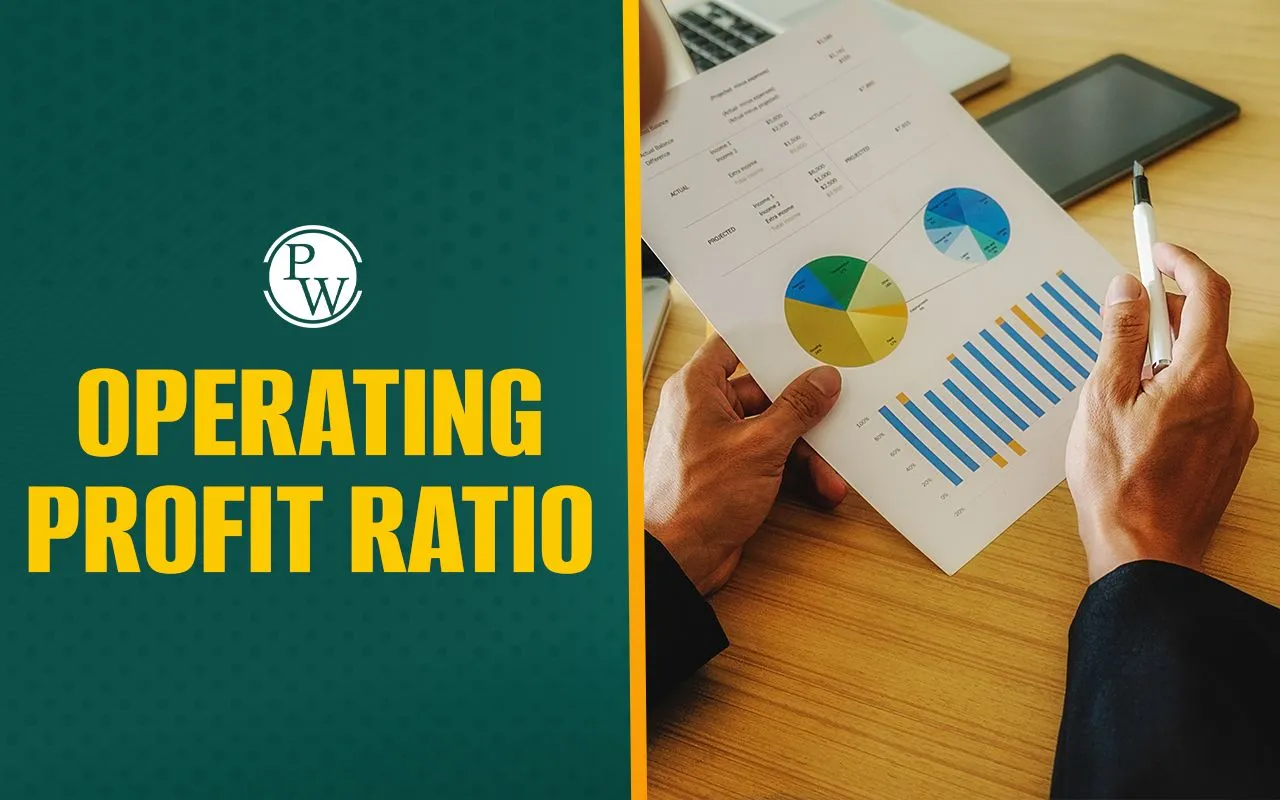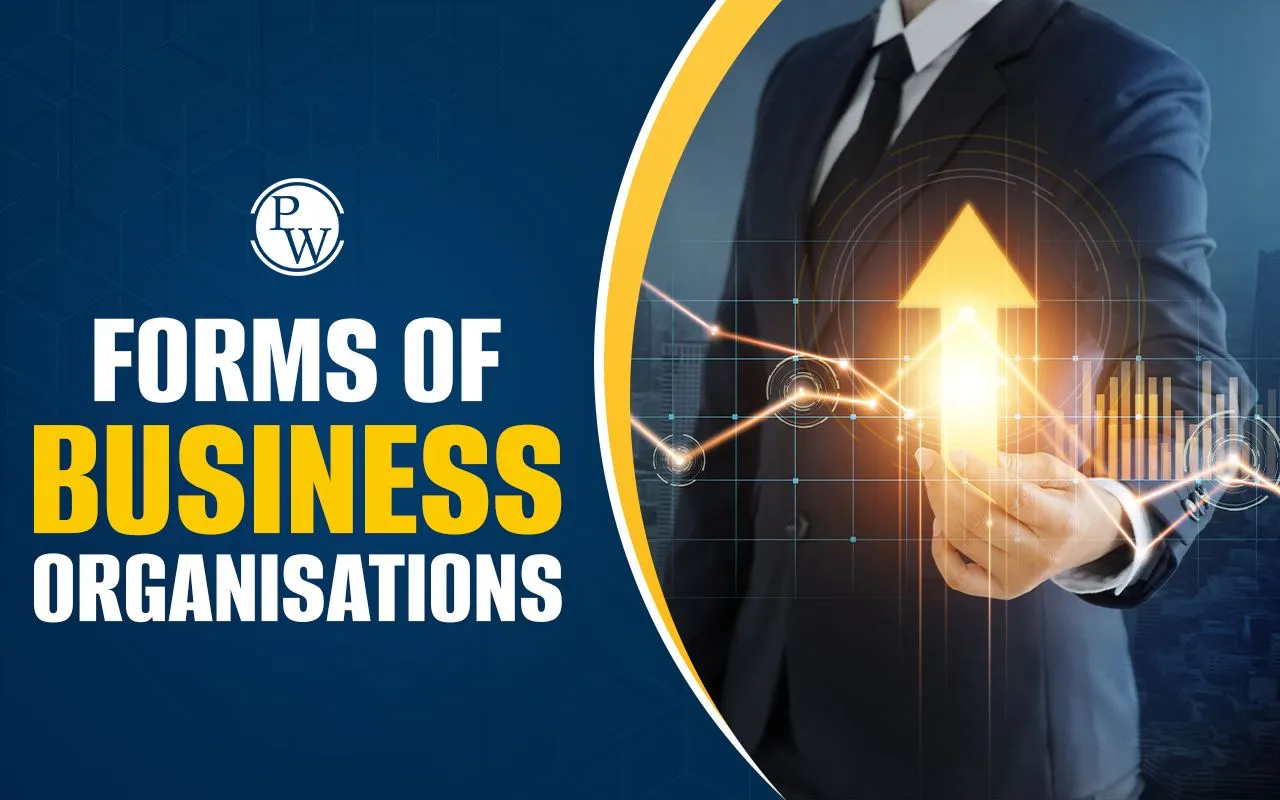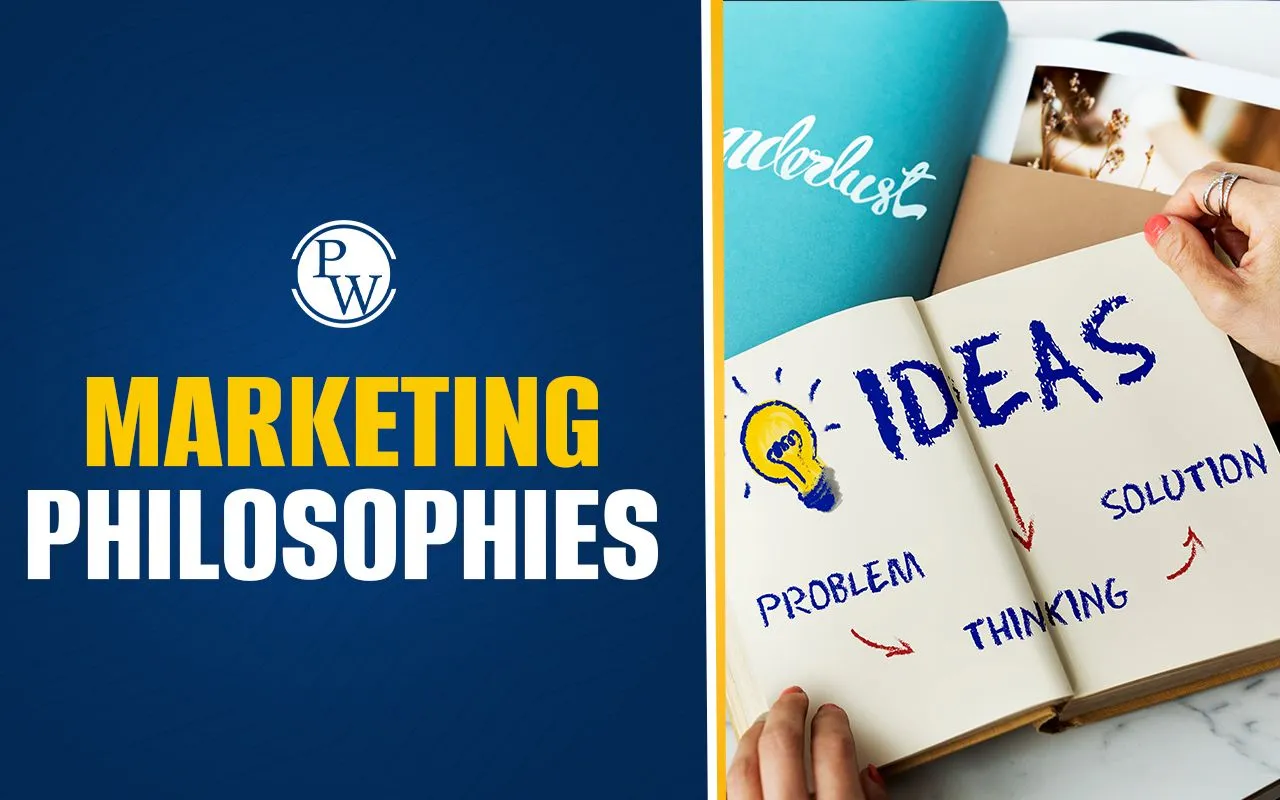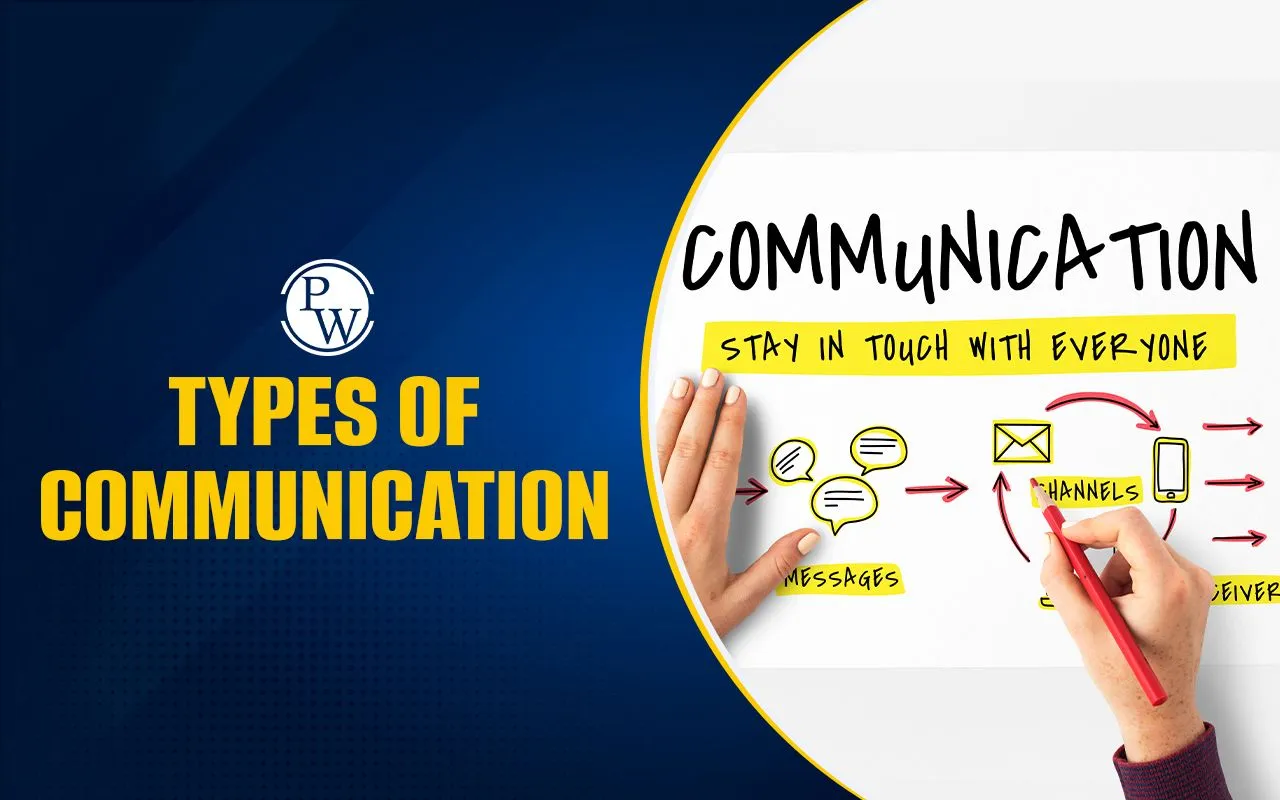
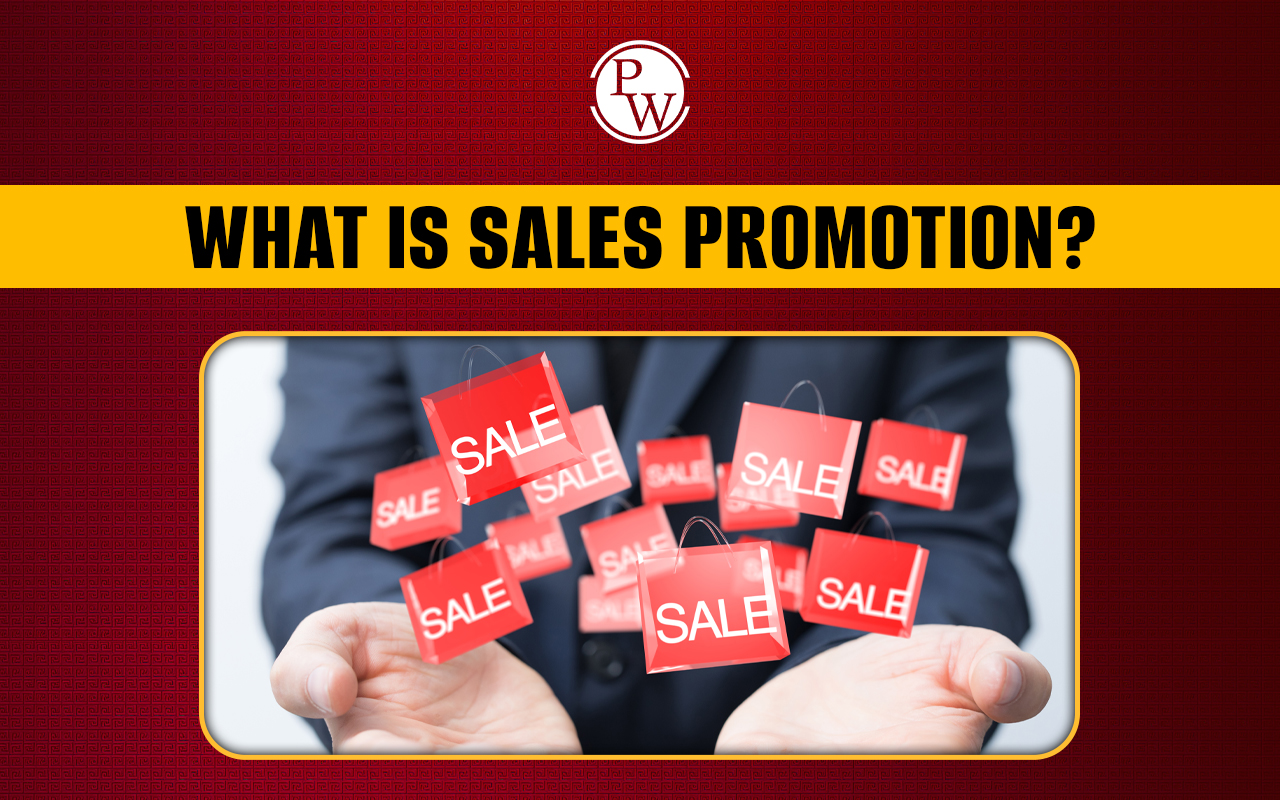
Sales promotion is a marketing tool used by businesses to stimulate demand, boost short-term sales, and encourage customer engagement. It involves creating specific incentives or benefits for consumers, distributors, or sales staff to influence buying decisions and achieve immediate results. Unlike other forms of marketing such as advertising or public relations, sales promotion focuses on delivering direct value to the consumer or intermediary, motivating them to take swift action.
In this blog we will learn about sales promotion in detail, covering its definition, objectives, types, importance, and best practices for effective implementation.What is Sales Promotion?
Sales promotion refers to a set of activities or incentives designed to increase the immediate purchase of goods or services. These promotions are often time-bound and aim to achieve a variety of marketing goals, such as attracting new customers, retaining existing ones, and clearing excess inventory. Sales promotion is not limited to discounts or price reductions; it includes creative strategies like free samples, contests, loyalty programs, and trade incentives, each tailored to meet specific business objectives. For instance, a business might offer “ Buy One, Get One Free” deals to increase sales volume or provide a limited-time discount to encourage urgency among consumers.Key Objectives of Sales Promotion
Sales promotion serves a range of purposes depending on the target audience and organizational goals. Below are its primary objectives:Stimulate Short-Term Sales
One of the main goals of sales promotion is to create immediate demand for products or services. Offers such as flash sales or discounts drive quick consumer action.Encourage Product Trials
For new or revamped products, promotions like free samples or introductory offers allow potential customers to experience the product without financial risk.Enhance Brand Awareness
Through contests, giveaways, or creative campaigns, businesses can generate buzz and increase brand visibility among their target audience.Clear Excess Inventory
Seasonal or outdated products can be sold quickly through clearance sales, minimizing storage costs and losses.Attract New Customers
Promotions, especially those targeting price-conscious consumers, can help a business attract new buyers and expand its customer base.Retain Existing Customers
Loyalty programs and personalized offers create a sense of value and encourage repeat purchases, strengthening customer relationships.Support Distribution Channels
Trade promotions motivate retailers, distributors, and wholesalers to stock and promote products more actively.Have you learn: What is Place Mix in Marketing
Types of Sales Promotion
Sales promotions can be broadly categorized into two types: consumer-oriented promotions and trade-oriented promotions. Each type focuses on different stakeholders within the marketing and distribution chain.Consumer-Oriented Sales Promotion
Consumer-oriented promotions are designed to directly engage and motivate end customers. These promotions aim to influence customer behavior, increase purchase frequency, and attract new buyers. Below are some of the most common consumer-oriented sales promotion techniques:a.) Discounts and Price Deals
Discounts are one of the most popular types of sales promotion, offering a temporary reduction in price. Businesses often offer discounts to encourage customers to purchase more or to stimulate demand during off-peak seasons. Price deals can include:- Flat Discounts: A fixed percentage or amount off the original price (e.g., 20% off or ₹500 off).
- Seasonal Discounts: Offered during specific times of the year like holidays, festivals, or end-of-season sales.
b.) Coupons
Coupons are vouchers that give customers a discount or a special offer on products or services. Customers can redeem them at the time of purchase, either online or in physical stores. Examples include:- Printable Coupons: Coupons that can be printed from websites.
- Digital Coupons: Offered via mobile apps or email, redeemable through QR codes or promo codes.
c.) Free Samples
Free samples are small, trial-sized portions of products given away for free to encourage consumers to try them before making a purchase. This is commonly used for food, cosmetics, or health-related products. Offering free samples can build trust with the customer and lead to higher sales if the product is well received.d.) Buy One, Get One Free (BOGO)
This type of promotion offers customers a free product or a second discounted product when they purchase a specific item. BOGO deals are effective in increasing sales volume and clearing out inventory. For example, Buy 1, Get 1 Free on selected products motivates consumers to buy more than they initially intended.e.) Contests and Sweepstakes
Contests and sweepstakes create excitement and engagement by offering customers the chance to win a prize. These promotions are often tied to customer interactions, such as submitting creative content, entering a draw, or completing certain activities. This type of promotion increases brand visibility and encourages participation, especially when the rewards are attractive.f.) Loyalty Programs
Loyalty programs reward customers for repeat business, offering points or rewards that can be redeemed for discounts, free products, or other incentives. Popular loyalty programs include frequent flyer miles, store-specific reward cards , or points-based systems . These programs help retain customers by encouraging repeat purchases and increasing brand loyalty.g.) Rebates
Rebates are a form of cash-back offer where customers receive a refund after purchasing a product, typically by submitting a form or proof of purchase. Unlike immediate discounts, rebates involve a delayed benefit, which may motivate customers to buy a product while waiting for a reward later.2. Trade-Oriented Sales Promotion
Trade-oriented promotions target businesses, distributors, wholesalers, and retailers rather than the end consumers. These promotions incentivize intermediaries to stock, sell, or promote a company's product. Below are the common trade-oriented sales promotions:a.) Trade Discounts
Trade discounts are reductions in price offered to wholesalers or retailers who buy in bulk. These discounts are often used to encourage distributors to stock more products, improve relationships with channel partners, and motivate them to focus on promoting the brand.b.) Promotional Allowances
Promotional allowances are financial incentives given to retailers or wholesalers to encourage them to promote or advertise a product. These allowances may cover the cost of in-store displays, advertisements, or special promotions that the retailers run in conjunction with the product.c.) Point-of-Purchase (POP) Displays
POP displays are strategically placed in stores to attract the attention of shoppers and promote products. These displays could be anything from product stands to digital screens or banners that draw attention to a brand. POP displays make products more visible, increasing the likelihood of a sale.d.) Trade Shows and Exhibitions
Companies participate in trade shows and exhibitions to promote their products to other businesses, wholesalers, and distributors. These events are an excellent opportunity to network, demonstrate new products, and offer exclusive trade discounts.e.) Dealer Incentives
Dealer incentives are rewards offered to retailers and distributors for reaching certain sales targets. These rewards can be in the form of monetary bonuses, gifts, trips, or exclusive access to new products. Dealer incentives motivate sales channels to focus more on a company’s products and boost distribution efforts.f.) Co-Op Advertising
Cooperative advertising, or co-op advertising, involves the manufacturer and the retailer sharing the cost of advertisements that promote the manufacturer's product. This reduces the cost burden for the retailer while providing manufacturers with more exposure for their products.3. Employee-Oriented Sales Promotion
Though less common, employee-oriented sales promotions are a great way to motivate internal sales teams. These promotions can improve sales team performance and morale. Common examples include:a.) Sales Contests
Sales contests are competitions among employees or sales teams to achieve certain targets or goals, such as selling the most products or meeting specific revenue targets within a set period. Winners often receive rewards like bonuses, recognition, or prizes.b.) Recognition and Rewards
This includes both formal and informal methods of recognizing top-performing employees, such as employee of the month awards, public recognition, and incentives like trips, dinners, or financial bonuses. Recognition boosts morale and encourages employees to perform at their best.4. Online Sales Promotion
With the rise of e-commerce, online sales promotion has become increasingly popular. These promotions are targeted at digital consumers and are designed to encourage online purchases. Examples include:a.) Flash Sales
Flash sales involve offering significant discounts for a limited time, typically lasting for hours or a few days. These promotions create a sense of urgency among consumers, pushing them to make quick purchasing decisions.b.) Email Promotions
Email promotions target customers directly via newsletters or promotional emails containing discounts, exclusive offers, or special deals. This method is highly personalized and can be an effective way to drive traffic to online stores.c.) Social Media Giveaways
Brands often run giveaways or contests through their social media channels to boost engagement, grow their followers, and attract potential customers. Winners typically receive free products, exclusive discounts, or brand merchandise.Why is Sales Promotion Important?
Sales promotion is a critical aspect of marketing, contributing to both short-term and long-term business growth. Here are some reasons why it holds immense significance:Immediate Boost in Sales
The most prominent advantage of sales promotion is its ability to create a surge in sales over a short period. Whether through discounts, coupons, or limited-time offers, sales promotions create a sense of urgency, compelling customers to make quick buying decisions. These short-term boosts are essential for businesses looking to meet sales targets, clear seasonal stock, or capitalize on events such as festive seasons or holidays. The immediate influx of customers also enhances cash flow, providing the business with resources for further operations.Attracts New Customers
Sales promotions are an effective way to draw in new customers. Offering free samples, introductory discounts, or trials encourages first-time buyers to experience the product without committing a large sum of money. When a customer is unsure about a product, a promotion helps lower the perceived risk of trying it. Once the consumer experiences the product’s value, the likelihood of them becoming a repeat customer increases. Additionally, promotional campaigns such as “refer a friend” or “share and win” can also attract new customers by leveraging the existing customer base.Enhances Brand Awareness
While advertising typically drives long-term brand awareness, sales promotions create a spike in attention within a short time frame. Promotions like contests, giveaways, or limited-time offers create excitement and buzz around the brand, especially when shared on social media. Engaging activities, like sweepstakes or product demos, enhance visibility and increase brand recall, making it easier for customers to associate the brand with positive experiences. Moreover, when consumers interact with promotions, it strengthens the brand’s presence and makes it stand out from the competition.Builds Customer Loyalty
Effective sales promotions, particularly loyalty programs, foster a sense of connection between the business and its customers. By rewarding repeat purchases or offering exclusive deals to loyal consumers, companies enhance customer satisfaction and retention. Loyalty programs also make customers feel valued, encouraging them to return for future purchases. When customers feel appreciated, they are more likely to stick with a brand in the long term, even in a competitive market.Helps Clear Excess Inventory
One of the primary goals of sales promotion is to help businesses clear excess or outdated inventory. Seasonal products, end-of-line items, or slow-moving stock can be efficiently sold using discounts, bundle deals, or clearance sales. By offering promotions, businesses can move unsold inventory quickly, freeing up space for new products and reducing the costs associated with holding unsold goods. This helps maintain the business’s cash flow and ensures that inventory management remains efficient.Supports New Product Launches
Introducing a new product into the market can be challenging, especially in a competitive landscape. Sales promotion serves as an effective tool to introduce new products and encourage consumers to try them. Promotions such as introductory offers, free samples, and trial periods entice customers to give the product a chance. Once customers try the new product and find value in it, there is a higher probability that they will continue using it after the promotion ends.Improves Competitive Advantage
In markets where products are commoditized and competition is fierce, sales promotion can differentiate a business from its competitors. Offering exclusive deals, special promotions, or rewards can attract customers from rival companies, providing the business with a competitive edge. Moreover, running promotions that highlight the unique features or benefits of a product can help position it as a superior option in the minds of consumers.Challenges of Sales Promotion
Despite its benefits, sales promotion comes with certain limitations:Overdependence on Discounts
Frequent discounts can erode a brand’s perceived value, making customers reluctant to pay full price.Short-Term Impact
While promotions boost immediate sales, they may not always translate into long-term customer loyalty.High Costs
Running promotional campaigns can be expensive, especially if the return on investment (ROI) is not carefully measured.Competitive Pressure
Competitors can quickly replicate similar promotional offers, reducing the effectiveness of a campaign. Sales promotion is a dynamic and versatile marketing strategy that can significantly impact a business’s growth. By offering direct value to consumers and intermediaries, promotions drive short-term sales, attract new customers, and enhance brand awareness. However, to maximize its effectiveness, businesses must strike a balance between promotional efforts and maintaining long-term brand equity.
Sales Promotion FAQs
What is sales promotion?
Sales promotion refers to marketing strategies and activities aimed at increasing product sales in the short term, often through discounts, offers, and incentives to encourage consumer action.
How does sales promotion benefit businesses?
Sales promotion helps businesses boost short-term sales, attract new customers, clear excess inventory, enhance brand visibility, and foster customer loyalty through special offers and rewards.
What are the common types of sales promotion?
Common types include discounts, free samples, coupons, loyalty programs, contests, buy-one-get-one-free deals, and trade promotions targeting distributors and retailers.
How is sales promotion different from advertising?
While advertising aims to create long-term brand awareness, sales promotion focuses on driving immediate customer action through incentives, often leading to short-term sales boosts.
Can sales promotion impact customer loyalty?
Yes, effective sales promotion, especially loyalty programs and exclusive offers, can build stronger relationships with customers, encouraging repeat purchases and long-term loyalty.
Talk to a counsellorHave doubts? Our support team will be happy to assist you!

Check out these Related Articles
Free Learning Resources
PW Books
Notes (Class 10-12)
PW Study Materials
Notes (Class 6-9)
Ncert Solutions
Govt Exams
Class 6th to 12th Online Courses
Govt Job Exams Courses
UPSC Coaching
Defence Exam Coaching
Gate Exam Coaching
Other Exams
Know about Physics Wallah
Physics Wallah is an Indian edtech platform that provides accessible & comprehensive learning experiences to students from Class 6th to postgraduate level. We also provide extensive NCERT solutions, sample paper, NEET, JEE Mains, BITSAT previous year papers & more such resources to students. Physics Wallah also caters to over 3.5 million registered students and over 78 lakh+ Youtube subscribers with 4.8 rating on its app.
We Stand Out because
We provide students with intensive courses with India’s qualified & experienced faculties & mentors. PW strives to make the learning experience comprehensive and accessible for students of all sections of society. We believe in empowering every single student who couldn't dream of a good career in engineering and medical field earlier.
Our Key Focus Areas
Physics Wallah's main focus is to make the learning experience as economical as possible for all students. With our affordable courses like Lakshya, Udaan and Arjuna and many others, we have been able to provide a platform for lakhs of aspirants. From providing Chemistry, Maths, Physics formula to giving e-books of eminent authors like RD Sharma, RS Aggarwal and Lakhmir Singh, PW focuses on every single student's need for preparation.
What Makes Us Different
Physics Wallah strives to develop a comprehensive pedagogical structure for students, where they get a state-of-the-art learning experience with study material and resources. Apart from catering students preparing for JEE Mains and NEET, PW also provides study material for each state board like Uttar Pradesh, Bihar, and others
Copyright © 2025 Physicswallah Limited All rights reserved.
